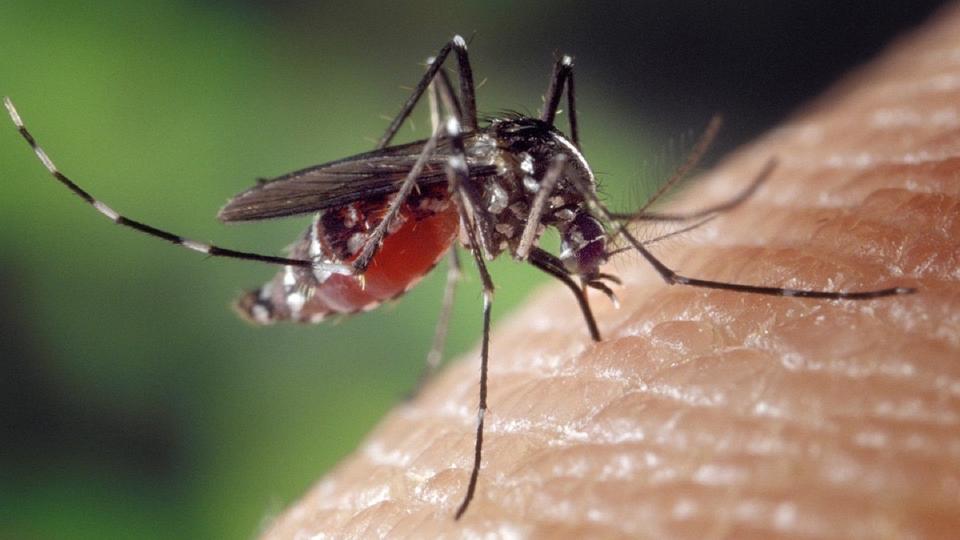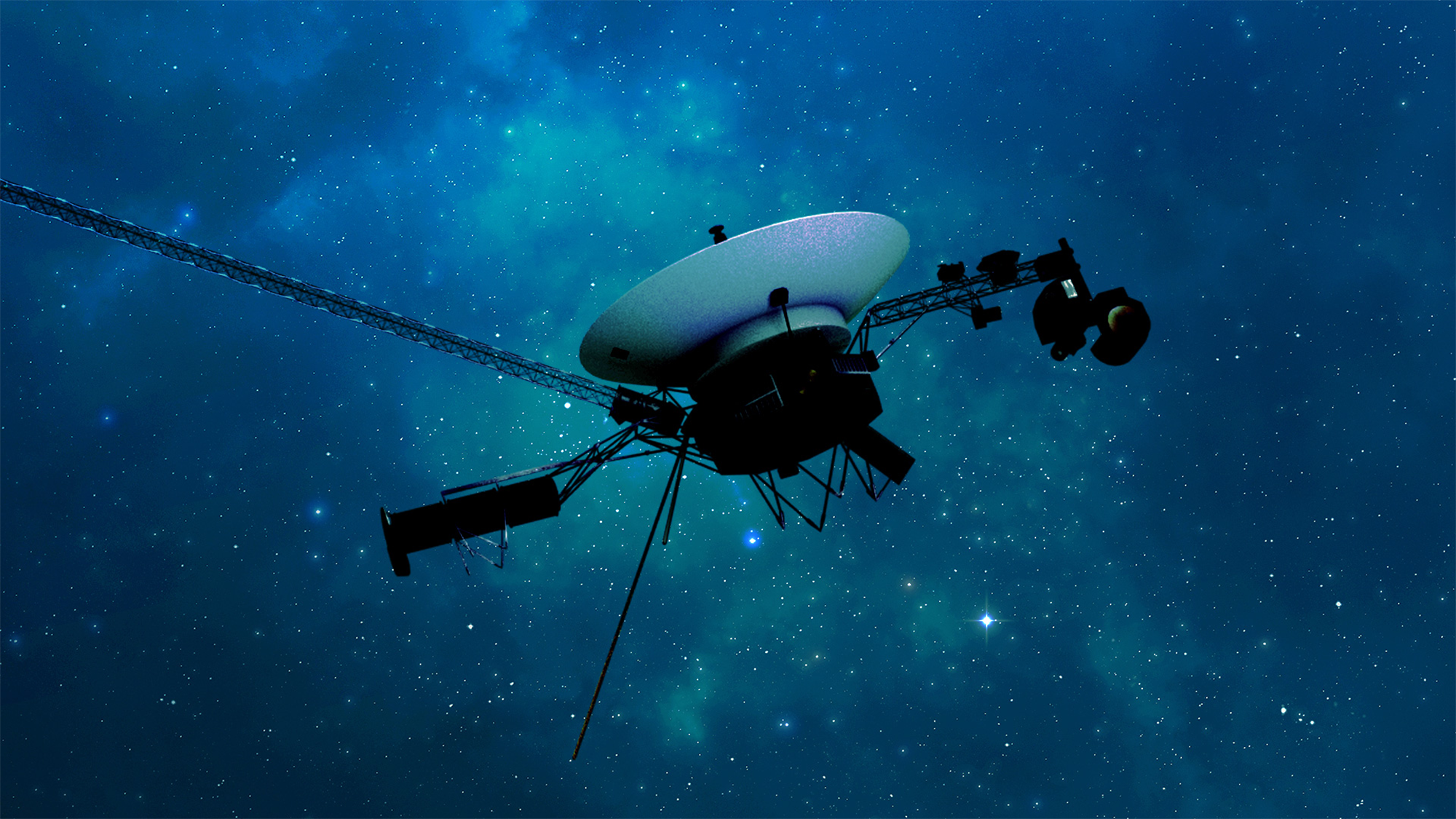
After the tiger mosquito, other types of mosquitoes can spread to the region, mainly due to global warming.
Scary invasion. After the tiger mosquito, other species could appear in France.
The tiger mosquito, also called Aedes albopictus, arrived in Europe in 2004 as commercial flows developed around the world.
Almost twenty years later, it is likely that other types of mosquitoes will land in France, due in particular to global warming.
Scientists fear, among other things, Egyptian mosquitoes and Japanese mosquitoes. These two species are already in the area, but nothing alarming at the moment.
However, global warming could accentuate their presence and enhance their development in metropolitan France.
If the Japanese mosquito moved away from humans, the Egyptian mosquito was the cause of epidemics of yellow fever and dengue fever in the countries of the Mediterranean basin in the nineteenth century.
The tiger mosquito is public enemy number one
However, despite the potential arrival of these two other species, the tiger mosquito remains of most concern.
The tiger mosquito can actually cause three diseases in humans: chikungunya, dengue fever, and the Zika virus.
Tiger mosquitoes are more and more common in France and here again global warming is in question.
In fact, heat waves and mild temperatures help this species evolve faster: “In only three to four days, compared to three weeks in cold weather,” Isabelle Esteve-Moussion, vector control coordination engineer to the ARS, explained in an interview with Blue France.
Temperature also has consequences for the viruses carried by tiger mosquitoes because they develop a faster metabolism and are more easily transmitted.






